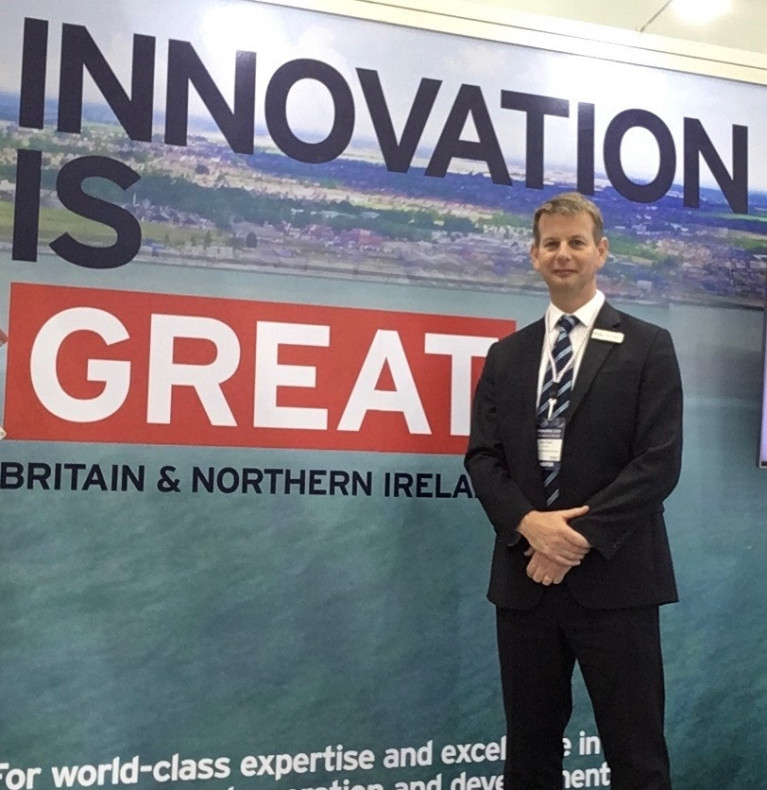The publication of the UK National Shipbuilding Strategy refresh today by the British Prime Minister Boris Johnson on Merseyside, has been welcomed by the Society of Maritime Industries.
SMI CEO Tom Chant said: "The Society of Maritime Industries has played a key role in the development of the National Shipbuilding Strategy and will continue to be a full partner in its evolution.
Safeguarding the UK sovereign shipbuilding capability for complex naval vessels by strengthening the wider commercial maritime industry through this raft of new initiatives is a very important step. The importance of this capability is underlined by tragic events in Ukraine which demonstrate Britain requires the resilience to be able to defend itself as an island nation as well as support our allies around the globe.
This much anticipated release firmly supports the development of the UK’s shipbuilding enterprise. Our members have consistently told us industry requires confidence. With confidence businesses can invest for the long term, ramping up productivity and apprenticeship programmes. The Government’s firm commitment to a 30 year shipbuilding pipeline shows it is listening and we further welcome the increased emphasis on the social value of shipbuilding. This is a huge step forward which, consistently applied, will help to prevent UK shipbuilding opportunities go abroad.
We look forward to working with the National Shipbuilding Office, providing challenge on behalf of industry where necessary, to drive forward the strategy’s recommendations and to help create a globally successful, innovative and sustainable UK shipbuilding enterprise."


























































